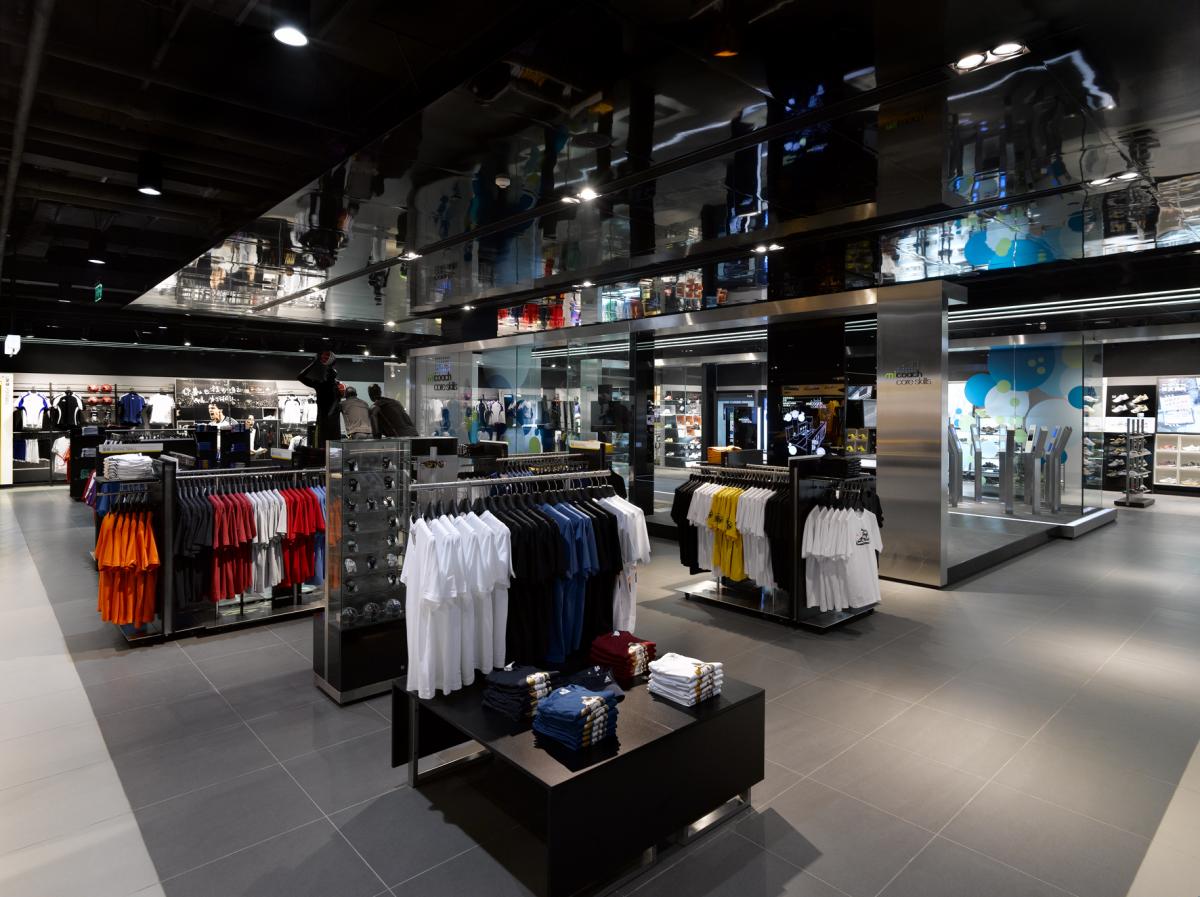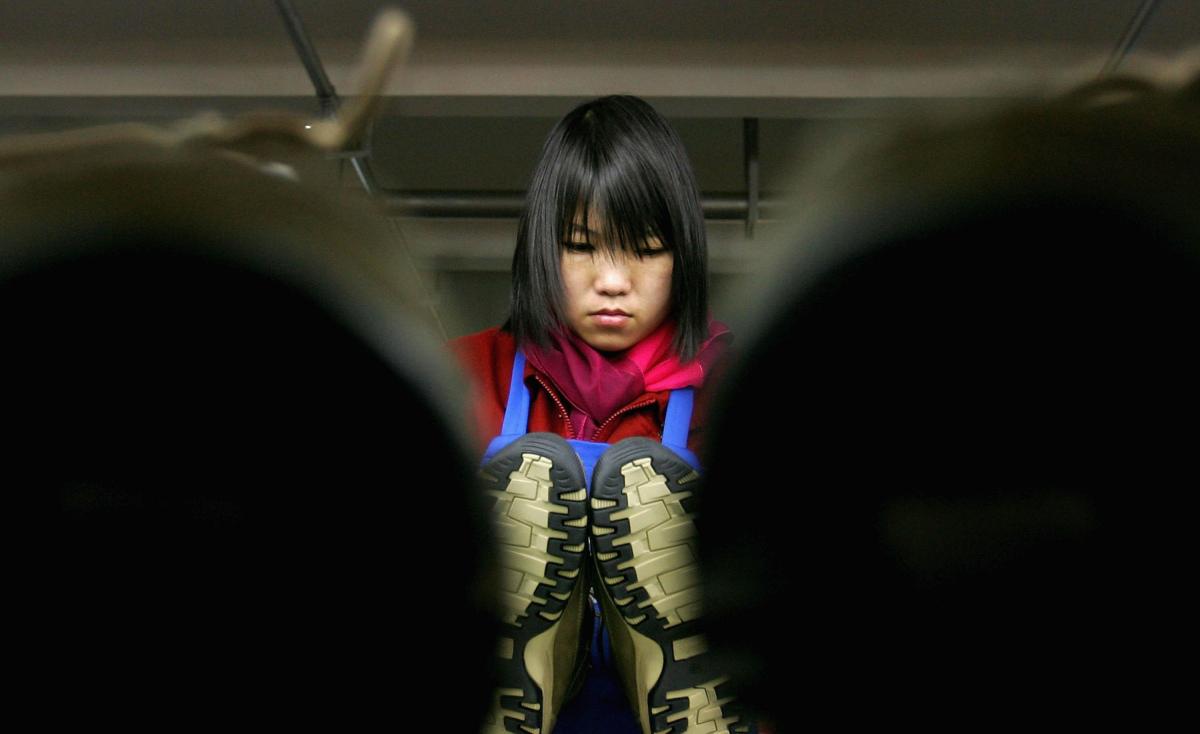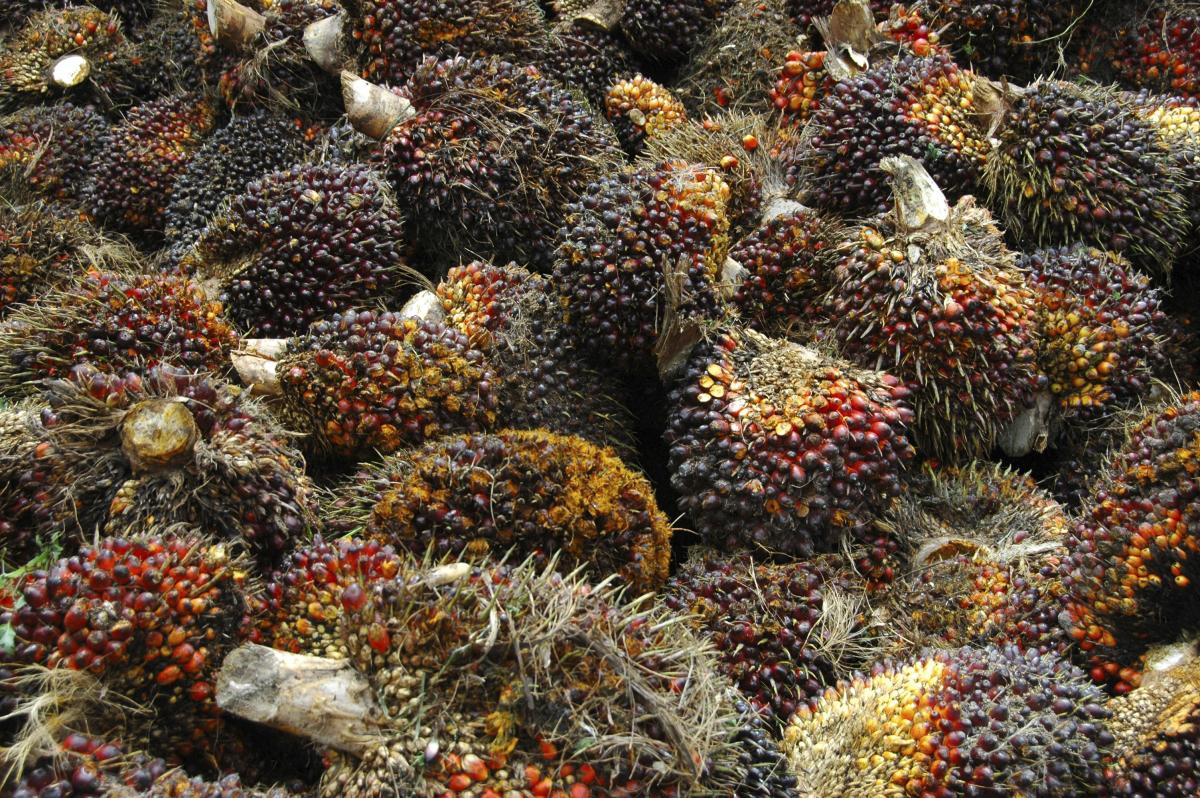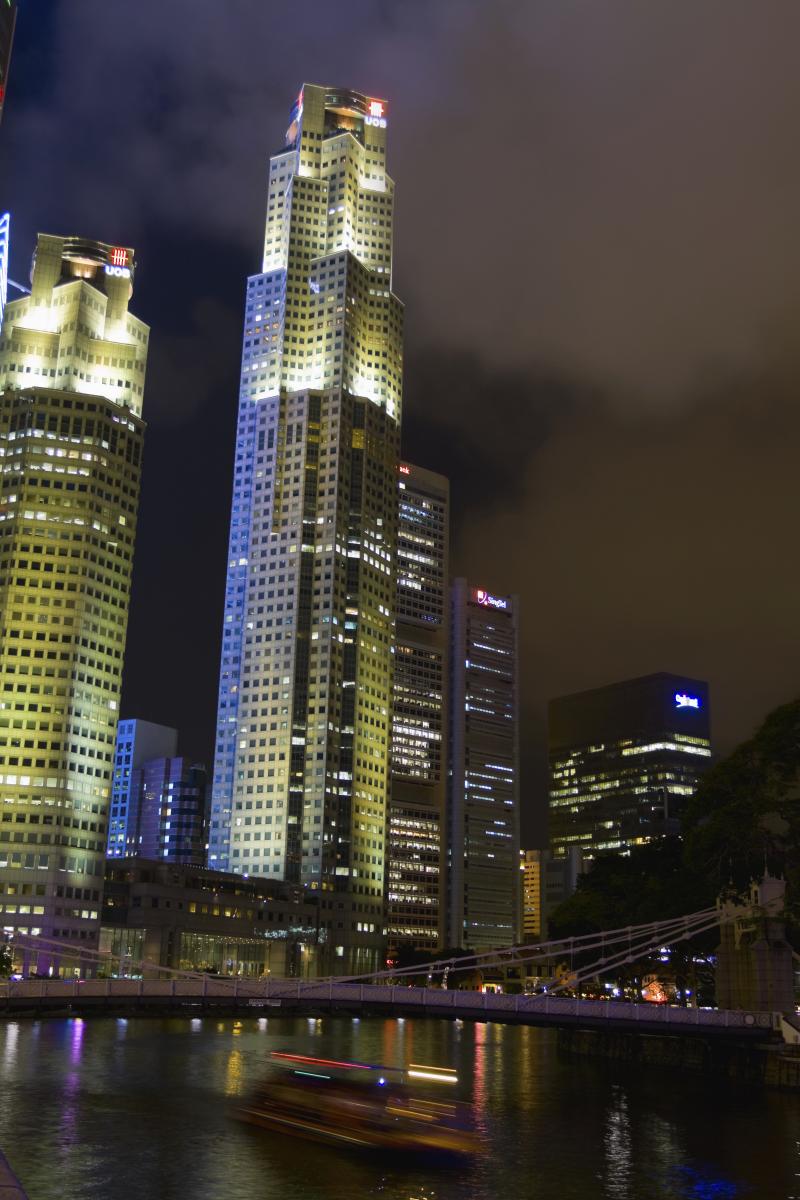Through varied approaches, large companies operating in Asia are taking increasingly active steps to improve the sustainability of their suppliers
As a slate of high-profile factory incidents and labour rights abuses in Asia over the past few years have forced global brands and retailers to reconcile the mismatched pieces in their value chains, several large companies on the continent are offering different approaches to managing and optimising their supply networks.
From large multinationals to sizeable homegrown businesses, the most innovative companies in Asia are implementing new checks and safeguards to tackle their most pressing issues – labour rights, wages, health and safety, data protection and environmental pollution.
Most businesses in Asia reach their markets through a maze of subcontractors and sub-subcontractors in highly fractured regulatory and infrastructure environments.
According to the management consultancy Accenture, for instance, supply chains in the region are often significantly more difficult to manage than in many other parts of the world.
Already a global manufacturing powerhouse, Asia’s share in the world economic output is expected to rise from 30% now to more than 40% in the coming decade, according to the International Monetary Fund (IMF).
As the structure of the Asian economy continues to transform from a narrower manufacturing hub to a vibrant and diverse marketplace, big companies on the continent are increasingly looking beyond auditing to improve the consistency and sustainability of their Asian supply chains.
Auditing a supplier’s factory or workplace on social, environmental, financial and legal criteria can undoubtedly help make a difference on the sustainability front. However, major corporations, often in concert with NGOs, have been implementing pre-emptive strategies that they say can bring more systematic and longer lasting benefits.
Rather than simply carrying out audits and replacing low-performing suppliers, these companies are increasingly taking a more active role in how their suppliers move towards a sustainable culture.
Some, such as the adidas Group, are actively cutting the number of their suppliers and increasing the volumes of goods or services they buy from the remaining outlets, in a consolidation process that aims to simplify the supply chain and exert more direct control. Others, including New Britain Palm Oil Limited, are segregating supply chains entirely or, in the case of Singaporean communications giant Singtel and others, are engaging outsourced workers in corporate social responsibility programmes.
Sourcing ethos
Sportswear and footwear manufacturer adidas Group has been consolidating its Asian supply chain over the past decade. About 80% of its products are now made by a core group of principal suppliers, or “strategic partners”, the most advanced of which are self-governing. The company plans to continue expanding that proportion.

The key to the Group’s ethos is that it sees itself as a “sourcing organisation, not a buyer”. According to William Anderson, head of environmental and social affairs for Asia Pacific, the adidas Group does not make its purchasing decisions simply on the basis of price, but primarily based on the technical capability of its suppliers, the state of the local infrastructure, the levels of innovation and political stability, and the international trade position.
The company has developed a dual system of management checks in the form of key performance indicators (KPIs) and worker feedback/complaint mechanisms. The KPIs, formulated over the past seven or eight years, cover labour, environmental, health and safety issues. Together, Anderson says, these have had a significant effect on supply chain sustainability.
“The downside of an audit is that it’s always just a snapshot,” he says. “You see something on the day, at that moment, and you are very rarely able within time limits to address an issue that might occur the next day.”
The road to self-governance
The adidas Group has targeted 80% of strategic partners to be self-governing – in other words, have adequate management systems to assess themselves – by the end of 2015. It has five social compliance categories for suppliers: 1C suppliers are the poorest and, without improvement, must be exited; 2C ones have serious issues or very weak management system requiring intensive support; 3C is the minimum acceptable standard, with competent management systems; and 4C and 5C are already self-governing.
It generally takes two to three years to become self-governing. The company also accepts that some 3C factories might never have the management capacity to become self-governing. Those suppliers that are unable to meet that level must still strive for continuous improvement.
Auditing processes may therefore be internalised into suppliers’ own operations whereas the adidas Group can track ongoing KPIs to measure overall performance. “Essentially we follow a trust-but-verify approach,” says Anderson.
By contrast, the adidas Group’s ongoing consolidation is bringing demonstrable improvement in the supply chain, according to a five-year programme of measurement that is due to end shortly.
Unlike many other companies, the adidas Group has a costing system that considers the interests of its long-term suppliers. It supports them in their quest to maintain their margins and succeed as business partners, as opposed to using a pure “buying” model with a rapid turnover in factories or single season purchasing.
“In the latter model, social compliance auditing cannot secure the required outcomes. It cannot deliver sustainable compliance,” Anderson says. He acknowledges that the adidas Group’s approach may not work as well for high-street retailers that have thousands of suppliers.
The company sources much higher volumes from individual suppliers than is typical in the industry as it prefers to work with dedicated contractors. Some of these are selling 100% of their production to the adidas Group, others maybe 80% or 90%. The volumes bring stability.

Workplace standards
In this context, workers’ rights and job stability have tended to improve dramatically, Anderson says, with greater freedom of association underpinning the gains. About 95% of the adidas Group’s workforce in Cambodia and about 90% in Indonesia are unionised. The industry average in the latter is closer to 20%.
The application of the adidas Group’s Workplace Standards – covering health and safety, labour rights and environmental protection – plus key partnerships allow the company to push for more job stability and permanent employment contracts. The standards draw on international law and International Labour Organisation (ILO) conventions, and follow the model code of conduct of the World Federation of Sporting Goods Industry.
In the past 10 years, the adidas Group has also installed worker complaint mechanisms, which aim to cover shortcomings that are not picked up in internal self-governance. In 2012, for example, the company came under fire over claims of sweatshop conditions at some of its factories in Indonesia in the run-up to the London Olympic Games.
After conducting its own investigation, the adidas Group admitted to excessive working hours at a minority of factories and to widespread lack of awareness of its worker grievance hotline. It also confirmed that there had been verbal abuse from supervisors in some of its factories.
In November 2014, the company updated its grievance process, releasing its “Third Party Complaint Process for Breaches to the adidas Group Workplace Standards or Violations of International Human Rights Norms”. The document is designed to provide a more transparent and faster system of complaint investigation, with engagement by other stakeholders also allowed, but not mandatory.
Michael Kourabas, a lawyer and activist, has welcomed the move, despite some reservations. “Although the document is not perfect, and it is impossible to fairly evaluate the process without examining how it functions in practice, the adidas Group appears to have created a strong grievance mechanism that passes muster under the United Nations Guiding Principles on Business & Human Rights,” he writes in an analysis for the Business and Human Rights Resource Centre.
His main criticism is that the process requires an alleged “breach” of an international human rights norm before the adidas Group will start an investigation. By contrast, the Office of the High Commissioner for Human Rights recommends that a company seek to identify any “legitimate” human rights concerns.
The worry, according to Kourabas, is that the adidas Group could filter out complaints that, while insufficient to require remediation, still deserve attention — particularly where the alleged misconduct could evolve into a human rights violation down the road.
“Nevertheless, the adidas Group should be commended for putting together what appears to be a robust process and for acknowledging its role in preventing and remediating human rights violations,” he writes.
Taking control
Prioritisation is also vital for Asian companies looking to make serious progress in establishing a sustainable supply chain, according to Andrew Buay, vice president for group social responsibility at Singtel. It is tempting, but ultimately pointless, to try a one-size-fits-all approach, which tends to bring shallow results, he says.
Singtel is moving to the G4/GRI standard of sustainability reporting for the current reporting window ending in March 2015. The company is relatively new to sustainability risk issues, but it hopes to set an example in Asia thanks to its size and geographical reach.
“In the last half year, Singtel has revisited its supply chain risks through different filters, such as type of vendors and spend categories, country risk profiles, as well as materiality risks such as the environment, labour, data protection and so on,” Buay says.
New Britain Palm Oil Limited (NBPOL), a Papua New Guinea-based producer of sustainable palm oil, is operating its own segregated supply chain to manage sustainability and other risks.

NBPOL produces its own seed – which it also sells globally – and plants, and cultivates and harvests its own land, processing and refining palm oil in both Papua New Guinea and the UK. It also contracts directly with its end customers in the EU and arranges the shipping of its products.
Its work on responsible and sustainable palm oil has evolved over the years, starting with a zero-burn policy in 1969, through early involvement in the Roundtable on Sustainable Palm Oil (RSPO) in 2004, to adopting the Palm Oil Innovation Group (POIG) Charter, a new initiative that forms the current basis for its priorities.
“We know that the vigilance of third-party audits together with robust standards help us to keep our focus on continuous improvement,” says Simon Lord, group sustainability director. In 2008, NBPOL became the first company in the world to achieve RSPO certification for all its estates and associated smallholders.
“Our supply chain is also certified by the RSPO for full segregation, so that our customers know that each drop of oil they buy from us originates from our RSPO certified estates in Solomon Islands and Papua New Guinea,” Lord says.
Customer privacy and data protection have become a major focus across Singtel’s operations and supply chain, partly in response to a series of industry hacking and privacy scandals, including Sony in the US and Newscorp in the UK.
“This goes beyond just meeting regulatory and compliance issues but embedding clear policies, systems, processes and checks because in our telco and ICT industry, trust is a key aspect of what our brand stands for,” Buay says.
Workplace health and safety at its major offshore outsourced operations across the region is another priority, with Singtel completing H&S reviews on its major network rollout vendors in Australia and Singapore in the past year.
The local scene
Dealings with big-name IT and contact centre vendors are generally unlikely to raise issues around human rights, including slave labour, because the workforce tends to be highly educated, skilled and able to fend for itself, Buay says. In any case, vendors such as Apple, Samsung, Cisco and Ericsson have their own established supply chain practices and reputations to protect.
Singtel has therefore chosen to focus its initial supply chain reviews on its offshore outsourced centres, which form a big part of its vendor spend, business dependency and extended labour force.

Singtel has local staff on the ground in its offshore operations, and conducts reviews and audits in the material risk areas. In the Philippines and India, where labour mobility is high and staff retention is low, Singtel tries to engage the outsourced workforce directly in contact centres through regular leadership visits, communications and business updates, “almost like they are part of [the] workforce”, Buay says.
This can make quite a difference to the productivity and engagement of the vendors’ staff, he adds. In the coming year, Singtel plans to run joint community CSR programmes with these vendors and their staff to further deepen engagement and contribution to their local communities.
“The reality is that you can’t simply turn your suppliers on and off,” Buay says. “[Sustainable business practices] take time to embed, like they take time to embed in our own internal operations.”
Adidas clothing supply chain ethical supply chains Palm Oil Singapore Singtel

